Domestic animals have been a part of our lives for thousands of years providing companionship, assistance, and even food. Knowing the names of domestic animals is important for children as it helps them understand the world around them, fosters a sense of responsibility, and nurtures empathy. In this article, we will learn about the names of various domestic animals, their characteristics, and their importance in our lives.
Domestic Animals – Definition
Animals that are tamed and bred by humans for purposes such as companionship, work or food are known as domestic animals. These animals have adapted to living alongside humans and rely on us for their needs. One of the best examples of domestic animals is pets like dogs and cats around the house, along with farm animals like cows and chickens.
Common Domestic Animals and Their Names
Let us take a closer look at some of the most well-known domestic animals, their names, and a little bit about each one.
- Dogs
- Cats
- Cows
- Chickens
- Horses
- Sheep
- Pigs
- Goats
- Rabbits
- 10. Ducks
Common Names: Bella, Max, Charlie, Buddy, Lucy
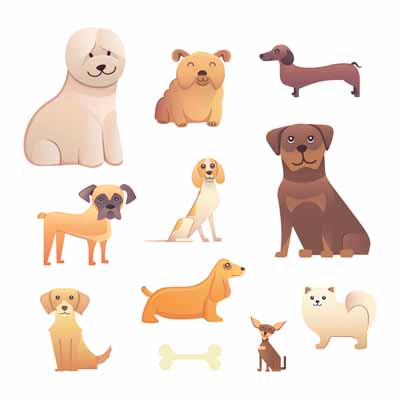
Description: Dogs are known as “man’s best friend” due to their loyalty and companionship. Each breed has unique and distinguishable traits. Dogs are used for various purposes, including herding, hunting, and serving as guide dogs for the visually impaired.
Common Names: Whiskers, Luna, Oliver, Simba, Chloe
Description: Cats are independent yet affectionate pets. They are known for their agility and playful nature. Cats help control pests and provide companionship to their owners.
Common Names: Daisy, Bessie, Buttercup, Rosie, Maggie
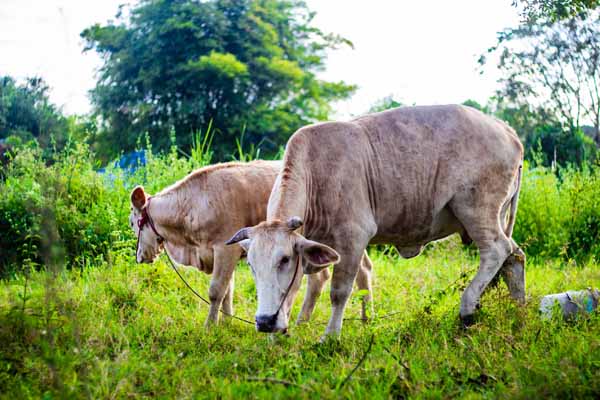
Description: Cows are large domestic animals that are primarily raised for milk, meat, and leather. They are gentle and social animals, often found grazing in fields.
Common Names: Henny, Cluck, Goldie, Penny, Rocky
Description: Chickens are commonly kept for their eggs and meat. These social birds enjoy pecking around for food and taking dust baths.
Common Names: Spirit, Shadow, Star, Blaze, Bella
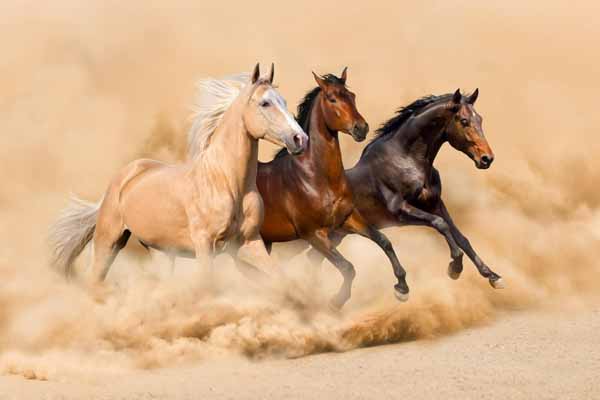
Description: Horses have been used for transportation, farming, and sport for centuries. They are strong, graceful animals known for their speed and endurance.
Common Names: Woolly, Dolly, Lamby, Snowball, Fluffy
Description: Sheep are raised for their wool, meat, and milk. They are gentle animals often found grazing in fields and are known for their fluffy wool.
Common Names: Porky, Babe, Wilbur, Piglet, Pinky
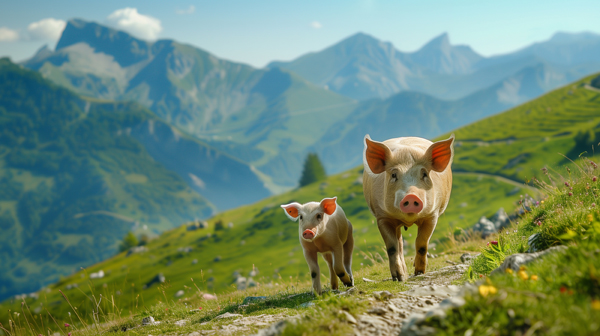
Description: Pigs are intelligent animals raised for their meat. They are known for their keen sense of smell and ability to find truffles.
Common Names: Billy, Nanny, Gertie, Gizmo, Clover
Description: Goats are versatile animals raised for their milk, meat, and fibre. They are curious and playful animals that enjoy climbing and exploring.
Common Names: Thumper, Flopsy, Snowy, Oreo, Binky
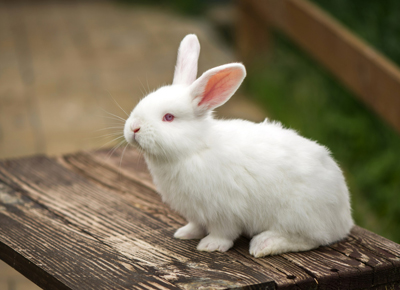
Description: Rabbits are friendly and social creatures that many people keep as pets. They are easily recognised by their long ears and soft, fluffy tails. These animals love to dig and require plenty of room to jump around and play.
Common Names: Quackers, Daffy, Puddles, Waddles, Daisy
Description: Ducks are waterfowl commonly raised for their eggs and meat. They are social birds that enjoy swimming and foraging for food.
Importance of Domestic Animals
Domestic animals play a significant role in our lives in various ways:
- Companionship: Pets like dogs, cats, and rabbits provide emotional support and companionship. They help reduce stress and loneliness, promoting overall well-being.
- Work: Animals like horses, dogs, and cows have been used for work for centuries. Horses help in transportation and farming, while dogs assist in herding and hunting. Cows provide milk, which is an essential part of our diet.
- Food: Animals like cows, chickens, and pigs provide essential food sources, including milk, eggs, and meat. These foods are rich in protein and other nutrients necessary for a balanced diet.
- Economic Benefits: Domestic animals play a key role in the economy by supporting agriculture and related sectors. They supply goods such as wool, leather, and dairy, which help generate jobs and sustain people’s livelihoods.
- Education: Keeping pets teaches children responsibility, empathy, and the importance of caring for another living being. It also helps them understand the role of animals in our ecosystem.
Fun Facts About Domestic Animals
To make learning about domestic animals more interesting, here are some fun facts:
- Dogs: The Basenji dog is unique because it does not bark like other dogs. Instead, it makes a yodel-like sound.
- Cats: A group of cats is referred to as “clowder.”
- Cows: Cows have best friends and can become stressed when separated from them.
- Chickens: Chickens have excellent memories and can recognise over 100 different faces.
- Horses: This animal species has the largest eyes among land mammals.
- Sheep: Sheep can recognise the faces of other sheep and even humans.
- Pigs: Pigs are highly intelligent and can learn tricks just like dogs.
- Goats: Goats have rectangular pupils, giving them a wide vision field.
- Rabbits: A rabbit’s teeth never stop growing, so they need to chew on things to keep them worn down.
- Ducks: Ducks have waterproof feathers that keep them dry while swimming.
Conclusion
Domestic animals are a part of our lives, providing companionship, food, and economic benefits. By learning their names and understanding their roles, children develop a greater appreciation for these animals and the important contributions they make. Whether it is the loyal dog, the independent cat, or the hardworking cow, each domestic animal has its unique place in our world.
For more such informative/interesting blogs, visit Mother’s Pet Kindergarten.

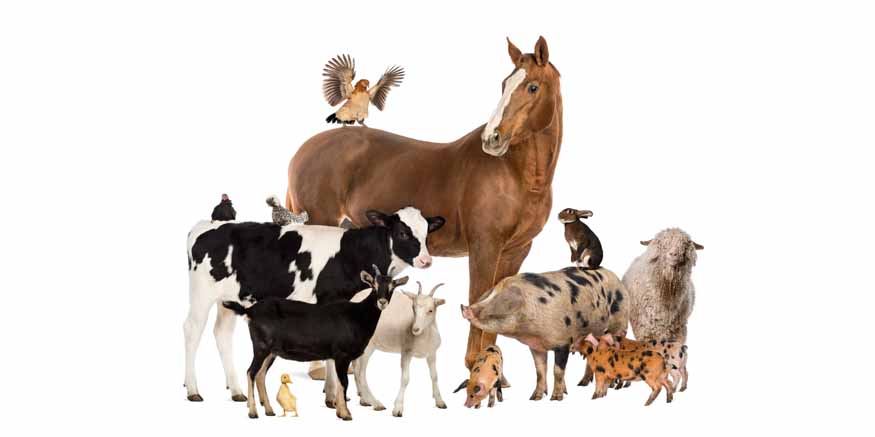






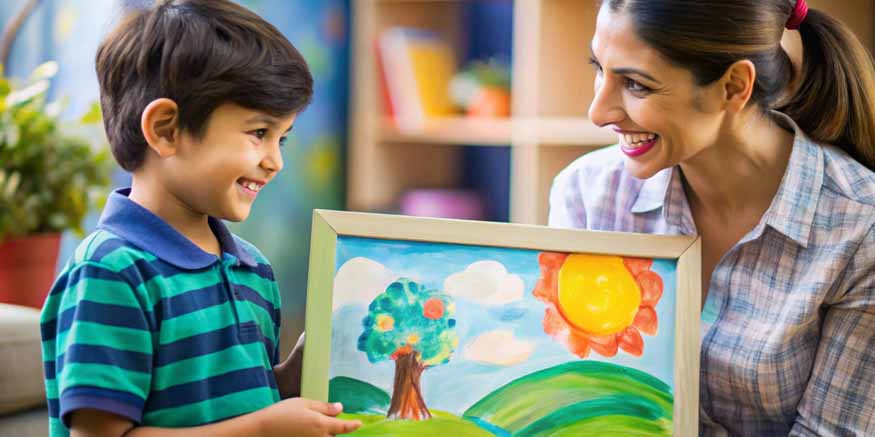
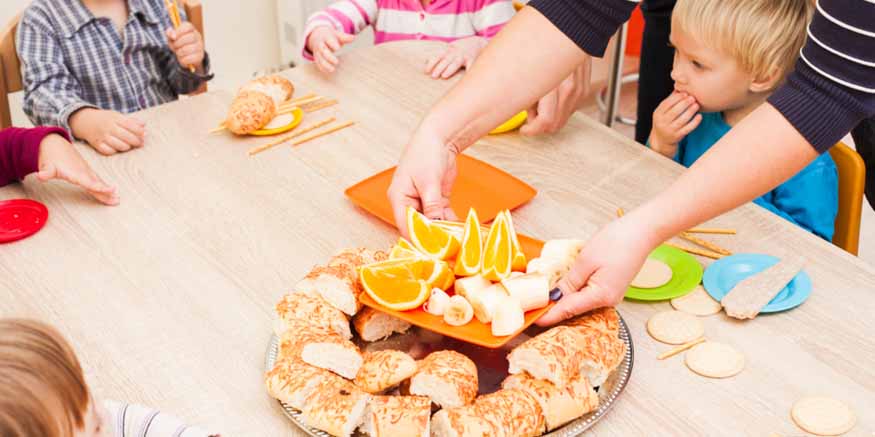



Recent Comments